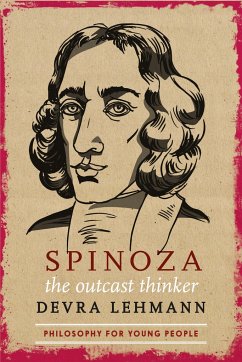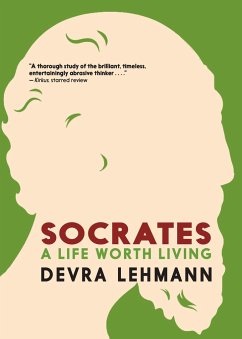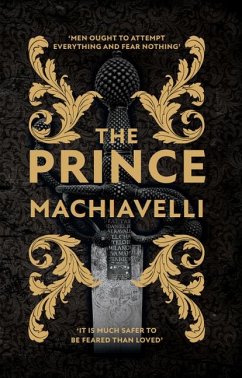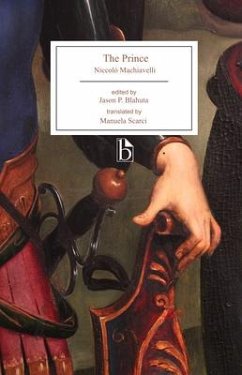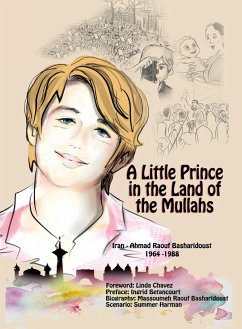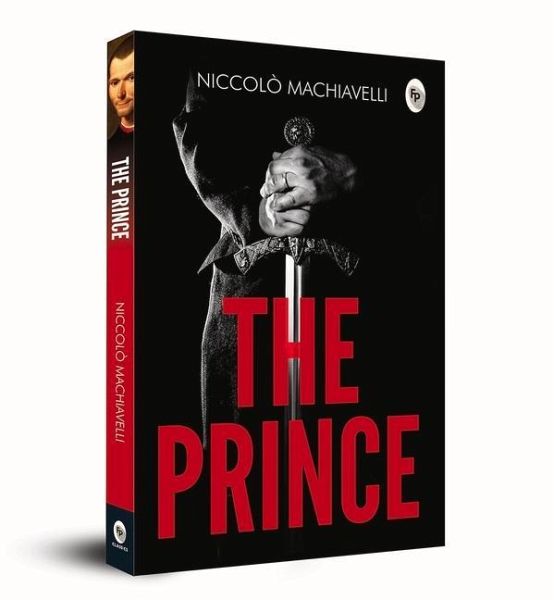
The Prince
Versandkostenfrei!
Versandfertig in über 4 Wochen
7,49 €
inkl. MwSt.

PAYBACK Punkte
4 °P sammeln!
The Prince by Niccolò Machiavelli is a seminal work of political philosophy that offers profound insights into power, leadership, and governance. Immerse yourself in this influential treatise and gain a deeper understanding of the dynamics of politics and the art of ruling. A guide for rulers. A mirror of ambition. * Engage with Machiavelli's pragmatic analysis of political power. * Delve into the principles of effective leadership and statecraft. * Reflect on Machiavelli's bold and controversial advice to rulers. * Explore the timeless themes of ambition, morality, and the pursuit of power. ...
The Prince by Niccolò Machiavelli is a seminal work of political philosophy that offers profound insights into power, leadership, and governance. Immerse yourself in this influential treatise and gain a deeper understanding of the dynamics of politics and the art of ruling. A guide for rulers. A mirror of ambition. * Engage with Machiavelli's pragmatic analysis of political power. * Delve into the principles of effective leadership and statecraft. * Reflect on Machiavelli's bold and controversial advice to rulers. * Explore the timeless themes of ambition, morality, and the pursuit of power. * A valuable resource for students, scholars, and anyone interested in the study of politics and leadership.





